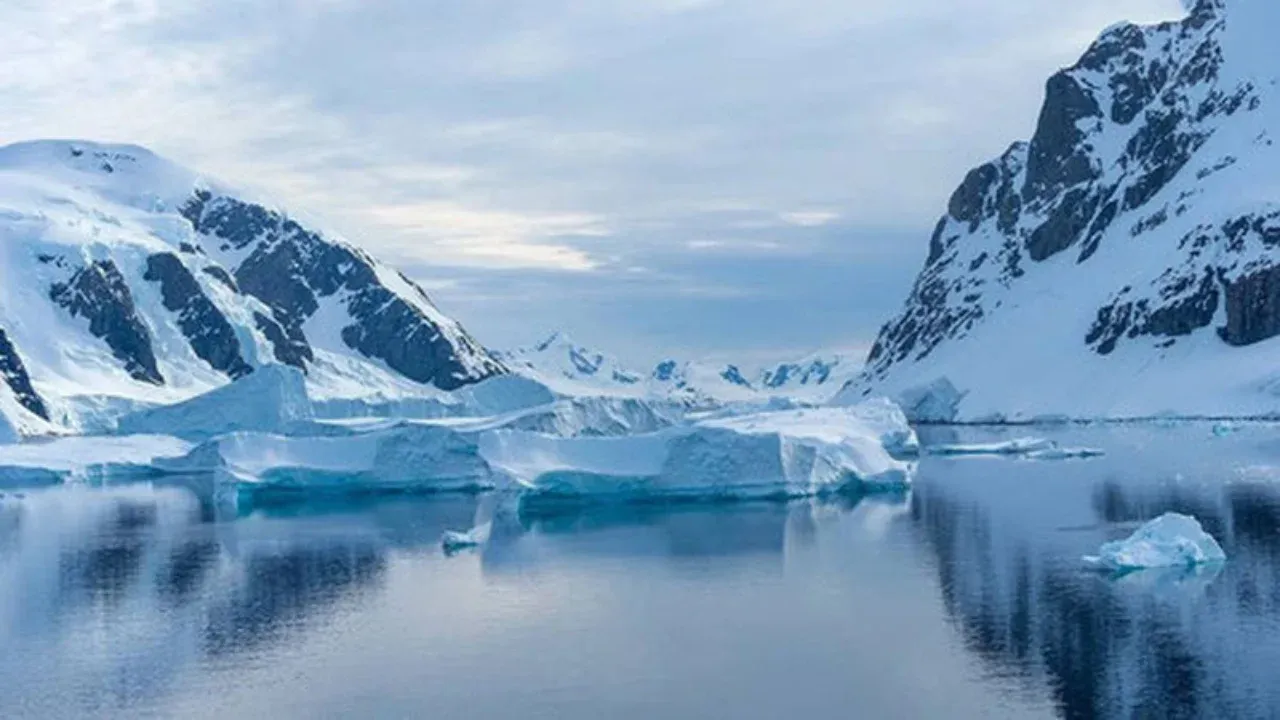Earth's climate may cool: scientists warn

The change in Earth's temperature may continue in an unexpected direction. This was reported by Zamin.uz.
According to scientists, there is a possibility that a new cold period may begin instead of global warming. Researchers from the MARUM Center for Marine and Environmental Sciences in Bremen, Germany, have reached several conclusions on this matter.
Experts emphasize that the stability of the planet's climate is not limited only to the weathering of rocks and the sequestration of carbonates. Biological factors, including aquatic plants, the phosphorus cycle, and the ocean's oxygen system, also have a significant impact on this process.
Usually, rainwater absorbs carbon dioxide and weathers rocks. The substances released during this process enter the ocean and are stored in the form of coral or shells.
In this way, Earth acts as a natural "thermostat." However, there have been periods in history when this mechanism failed, leading to the entire planet being covered with ice.
According to new research, aquatic plants and the phosphorus cycle significantly influence climate change. As the air warms, more phosphorus enters the waters, which leads to the rapid growth of aquatic plants.
Aquatic plants absorb carbon dioxide through photosynthesis and, when they die, transport carbon to the ocean floor. At the same time, the oxygen level in the water decreases and phosphorus accumulation intensifies.
As a result, the amount of carbon in the oceans increases, causing Earth's cooling. The model by researchers Hulse and Andy Ridgwell shows that such processes in the past have triggered severe ice ages.
Currently, because the atmospheric oxygen level is high, even if such a scenario repeats, it is expected that the cold will not be as severe. However, scientists say that in the long term, this process could initiate a new climate equilibrium period for humanity.
Additionally, according to UN data, more than 10 million hectares of forest area are lost annually worldwide due to climate change. This process poses a significant threat to ecological balance and natural resources.







